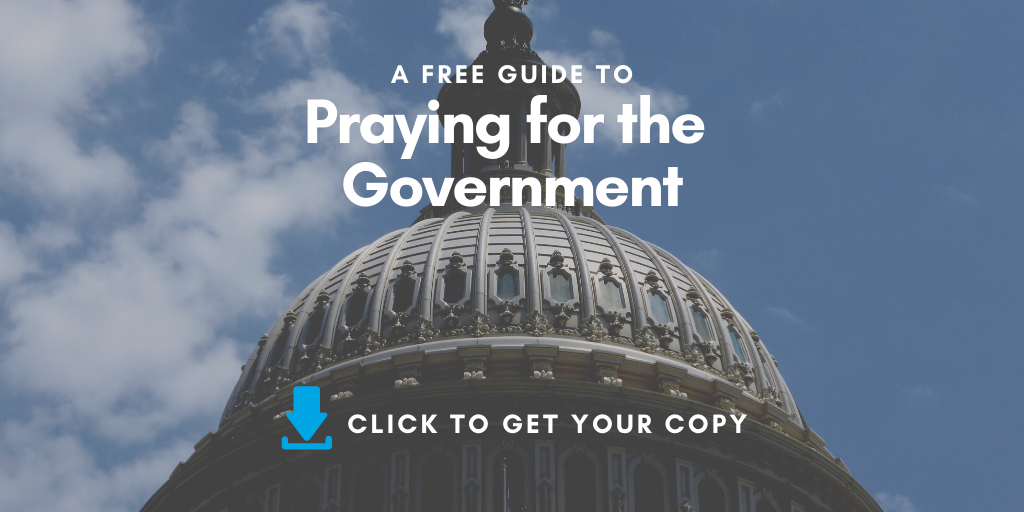 Reading Time: 3 minutes
Reading Time: 3 minutes
These days, the majority of our rules and regulations come from unelected federal bureaucrats, not elected lawmakers. This article, written by former Speaker Newt Gingrich, explains why.
From The Federalist. Remember the “Schoolhouse Rock!” videos? There’s one with a cartoon figure of a bill sitting on the steps of Capitol Hill explaining how our federal legislative process works …
Have you taken your place on the wall?
It’s a wonderful introduction to our system of government. But for all the video gets right, there’s an anomaly at its core. The video follows the progress of a long-languishing bill designed to require school buses to stop at railroad crossings. At last and with much pride, the bill finally succeeds in becoming a law. As it happens, though, we have no specific federal law like that. Instead, we have an agency rule, one issued by the Department of Transportation and buried deep within the Code of Federal Regulations, Title 49, Section 392.10, to be exact.
The truth about “Schoolhouse Rock!” illustrates another notable feature of our law today. Not only have the last few decades witnessed a shift in power from local to federal authorities, but even within Washington, a dramatic transfer of power has taken place from elected representatives to unelected agency officials. These days, federal agencies don’t just enforce the laws Congress writes; they also engage in activities that look a lot like legislating and judging. …
The sheer scale of agency output is staggering. Remember all those laws that Congress passed in the 1960s and 1970s? Many of them authorized the creation of powerful new federal agencies with vast new powers; federal regulatory output has exploded ever since. Take one recent year by way of illustration. In 2015, Congress adopted about one hundred laws. The same year, federal agencies issued 3,378 final rules and published another 2,334 proposed rules. …
You might ask how we got so recently and so quickly to a point where unelected bureaucrats can make so many legally binding rules covering so many aspects of our lives. Well, the story’s complicated. Small pieces of it fill long books, and we cannot begin to capture it all. But even a quick glimpse back tells quite a tale.
Not long after the Constitution’s ratification, Congress took up a debate about the new nation’s postal system. … One of the questions Congress faced concerned where to site a number of new postal routes. Should the route from Taunton to Newport go through Warren and Bristol or some other towns? How about the route from Baltimore to Hagerstown? One congressman, Massachusetts’s Theodore Sedgwick, found the whole affair silly. Why not, he proposed, simply appropriate funds for roads “by such route as the President of the United States shall, from time to time, Cause to be established?”
You might think that an eminently sensible solution. But some congressmen, including Madison, no less, protested that the proposal would improperly delegate legislative power to the executive branch. … In the end, the Postal Act of 1792 gave the postmaster discretion on many fronts, but it also contained a long and dreary recitation of postal routes.
Today, the postal route debate seems a world away. Few think the Constitution requires Congress to decide details like that. Surely, too, our agencies have much to offer when it comes to advising Congress about making new laws and administering old ones. But the episode does offer some sense of how far we have traveled from the debates of Madison’s day to our own. In Article I of our Constitution, the people vested “All” federal “legislative Powers . . . in a Congress.” A few decades after the postal route debate, Chief Justice John Marshall wrote for the Supreme Court that this assignment means “important subjects” must be “entirely regulated by the legislature itself,” while Congress may leave “details” (like postal routes) for other officials “to fill up.” …
But it has been decades since our courts have done much to enforce that rule. And perhaps thanks in part to that omission, the pendulum has swung toward far-reaching delegations of legislative authority to agency officials. These days, Congress sometimes leaves agencies to write legally binding rules with little more guidance than “go forth and do good.” Laws tell agencies to regulate as “the public interest, convenience, or necessity” requires; others task them with setting “fair and equitable” prices; still others authorize agencies to determine “just and reasonable rate[s].” … Thanks to broad delegations like these, agencies can write, change, and change again rules affecting millions of Americans — all without any input from Congress. …
Did you like this article? If so, share it!
(Excerpt from The Federalist. Photo Credit: AgnosticPreachersKid – Own work, CC BY-SA 3.0, https://commons.wikimedia.org/w/index.php?curid=9440313)

